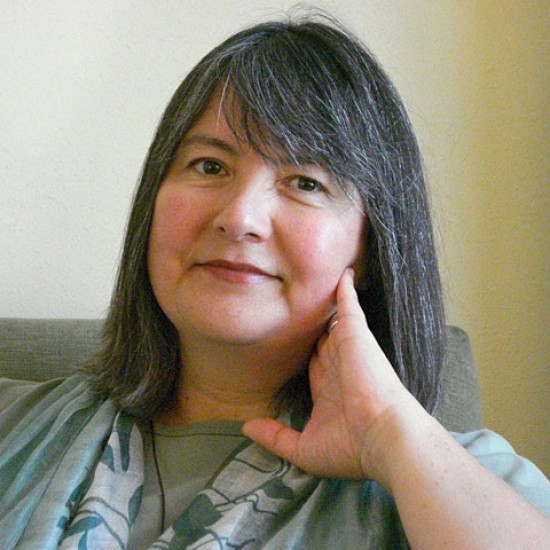Hold Fast to Blackness
Medium
2015-07-29
Chanda Prescod-Weinstein, Assistant Professor of Physics and Astronomy; Core Faculty Member in Women’s Studies
University of New Hampshire

Het Nieuwe Instituut, Rotterdam, Nederland
This is not another essay about how hard it is to be light skinned in a dark man’s world. Why? Because the suggestion that this is a dark man’s world is ridiculous. Unless you’ve had your head up your butt, we quite clearly do not live in a version of the universe where overall it is better to be dark. The reality is that 2Pac was speaking in opposition to mainstream logic when he rapped, “the darker the berry, the sweeter the juice. I say the darker the flesh, the deeper the roots.”
I’m sure there are many light skinned people including those with bi- and multiracial/ethnic families who would complain that 2Pac spoke words of erasure. But to make this complaint is to not acknowledge, plainly, that in fact he is speaking against erasure. To be light skinned, in reality, is to have a choice about what role we play in this process, for or against, constructive or destructive.
I have a Black Caribbean momma and a white Jewish father. My mom’s family hails from Barbados, vaguely of “West African Origin.” We don’t really know where or if maybe we come from somewhere else because identity and language are one of the many things European slave traders and slave owners stole from kidnapped Africans and their descendents. My dad’s family was chased out of the Ukraine and Russia by anti-Jewish pogroms and were Yiddish speaking until it became clear that looking like them and being English speaking was better.
When I was born, my parents were scared to introduce me to my dad’s maternal grandfather. It wasn’t clear whether he would accept a “nigger baby.” This is the first story I know of that clearly delineates the difference between my white father and me. My white father lives in the tent of whiteness: he is accepted as white and is treated as such on the street, in airports, by the police, by shop clerks, by everyone who speaks to and everyone who sees him. My dad lives in a version of the world where who he is is the default and where no one ever had to ask whether he would be excluded by members of his family simply because of his skin color.
It is true that my father has a different experience with the tent of whiteness than his father did in his early years. Born in 1917 in Yiddish-speaking Brooklyn, my Grandpa Norman would have been a dirty Jew to many white non-Jews. But when he died in 1988 Los Angeles, my Grandpa was white with the rest of them. The tent of whiteness expands as people sufficiently European-looking become broadly accepted as, “not-Black, not heading toward Black or any of the other darker kinds.” This expansion is predicated somewhat on the fundamental belief that the darker people are, the more dangerous, deficient and less human they are.
I am dark enough to not live within the tent of whiteness, but I am light enough that many people experience significant confusion when trying to class what level of “not-white, maybe heading toward-Black, deficient” I am. Depending on the year and location, I am a “dirty Arab/Muslim,” a fellow Latina, a Mulatto, a Mizrahi Jew, a half-white person who suspiciously may not be down with Black folks…
Read the entire article here.




